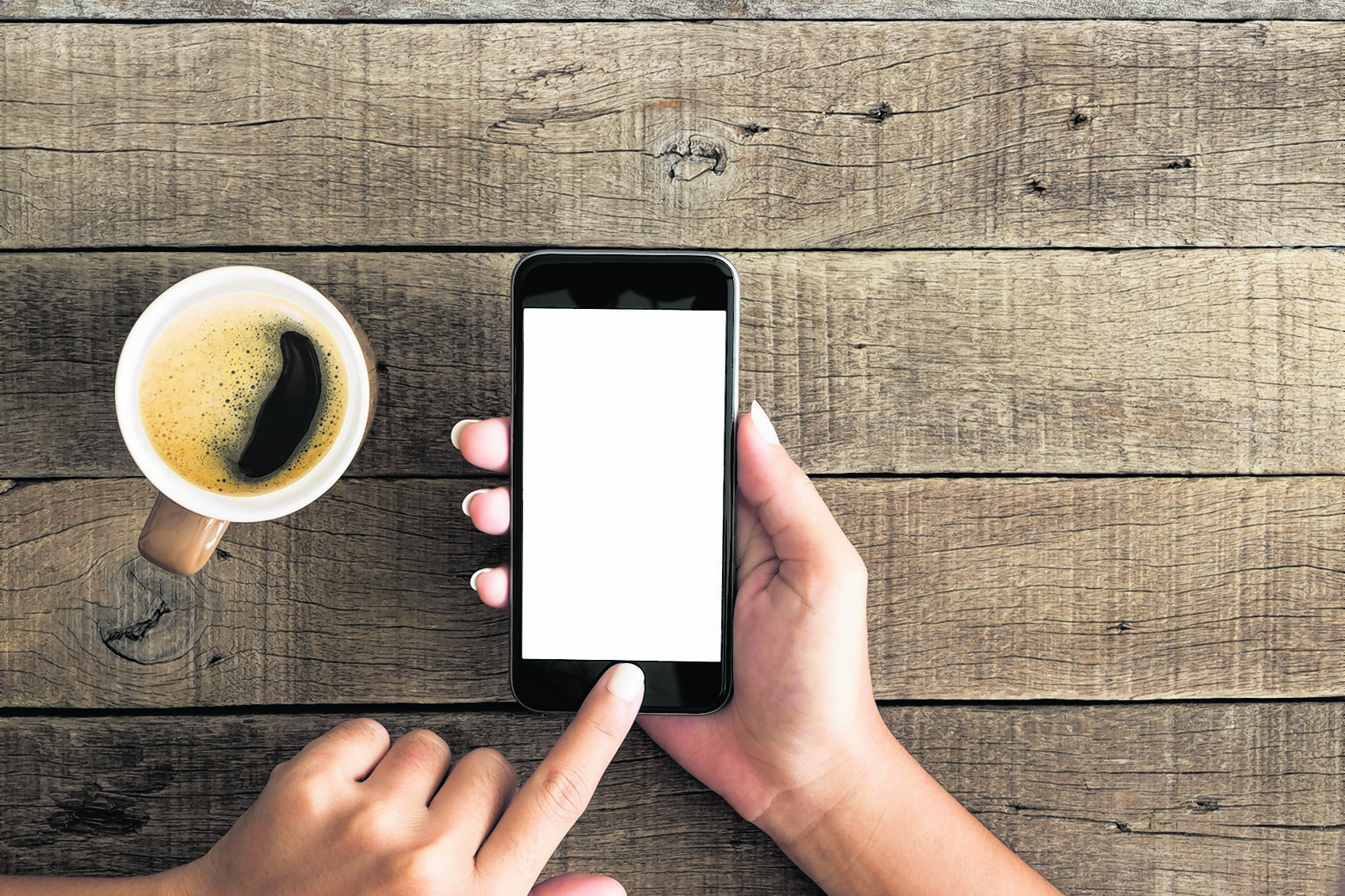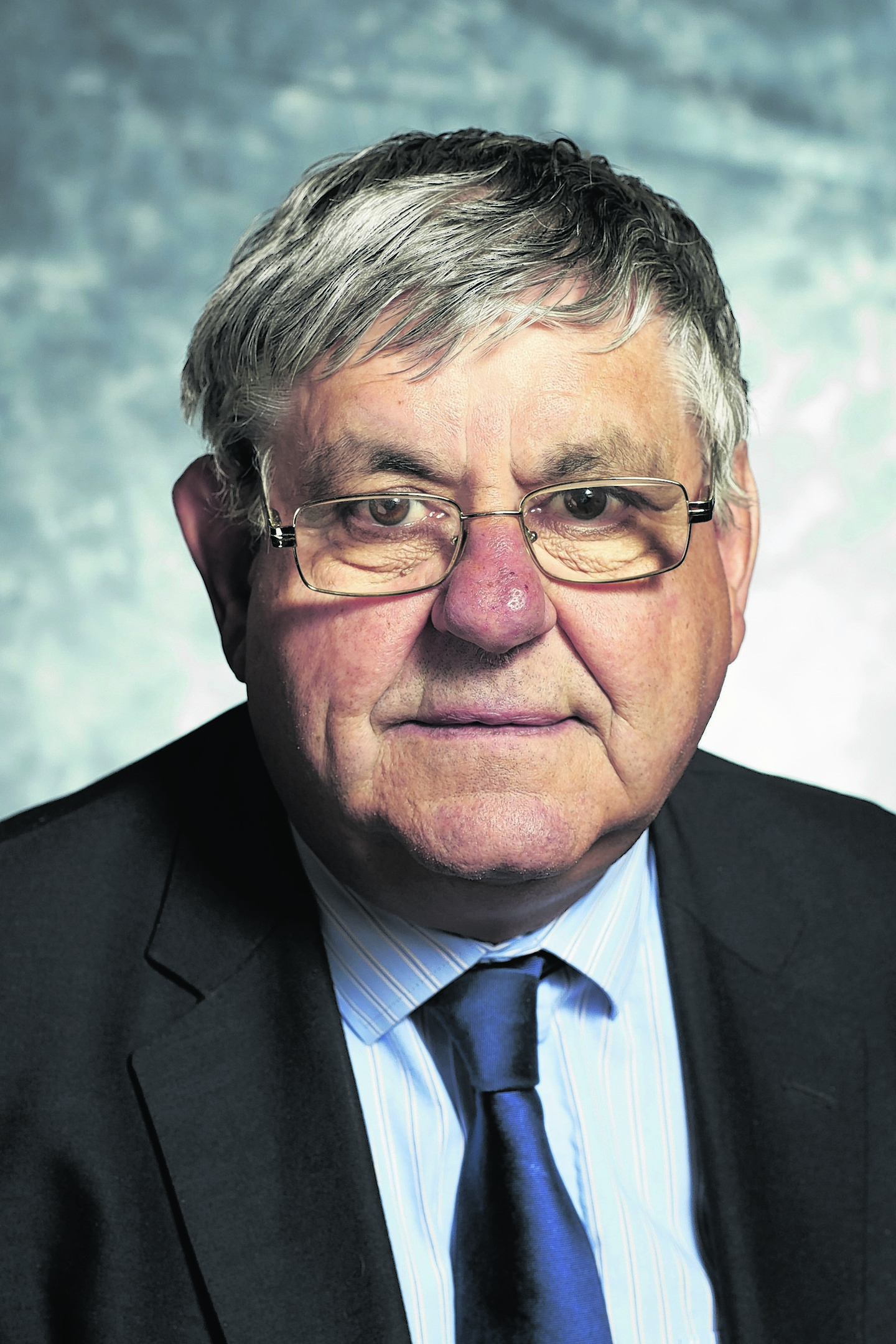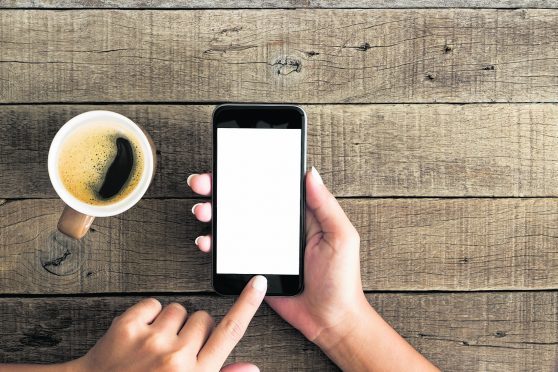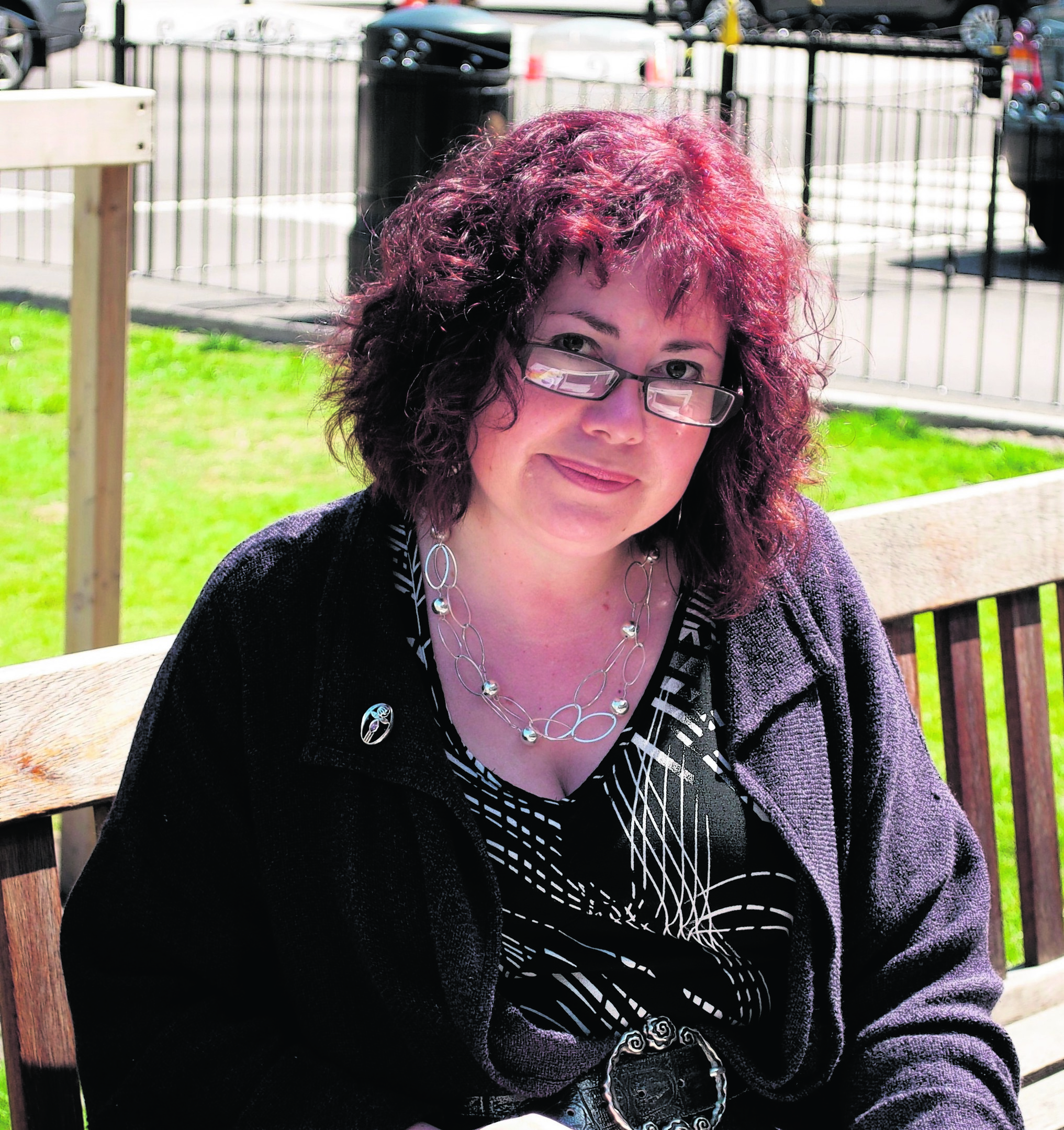Walk into any cafe and you’ve probably grown accustomed to seeing people coffee in hand, absent mindedly scrolling on their mobile phones.
We are more plugged in to our handsets, and as a result perhaps more distanced from reality than ever before, with children as young as seven owning mobile phones.
From late night splurges on social media to endless messaging on various apps, young adults in particular are stuck in a world of incessant chatter which mobile phones enable.
It has simply become accepted that the millennials communicate via a screen as opposed to an actual conversation, but at what cost?
Schools have had no choice but to embrace the rise in technology, from using interactive white boards to mobile phones as teaching tools, and many schools now set homework by e-mail.
For head teacher Gregg Davies, his pupil’s incessant use of mobile phones simply became too much.
Pupils at his £18,000 per year school are now banned from using their mobiles between 8.15am and 5.45pm, and Gregg says he has no regrets about the strict move.
His decision has certainly caused ripples in the world of education, and only time will tell if other schools follow suit.
What is abundantly clear however, is that mobile phones have dramatically altered the landscape for youngsters, at a time in their lives when they’re at their most vulnerable.
Research has shown that mobile phones can have a negative impact on pupils’ educational outcomes, too, with pupils in schools that ban mobile phones seeing an increase in test scores equivalent to extending the school week by an hour.
Gregg Davies: Why I decided to ban mobile phones in school

Gregg Davies is head teacher at Shiplake College in Henley-on-Thames, Oxfordshire.
“It was May last year when I was walking round the school one lunch time, and I realised that pupils weren’t actually talking to each other. I went round the common rooms and many of the students were all glued to their mobile phones.
“It struck me as really sad that the students weren’t talking to each other so I went back and had a think.
“I did another walk round and spoke to some of the pupils. They were a bit bemused at first and I understand their point of view. To them, it’s just what they do.
“I’ve got no doubt that pupils sat five metres away from each other were having conversations in group apps and that just didn’t seem right to me. When the ban came in I think a few pupils were in disbelief and wrote to me with their thoughts.
“The ban lasts for the school day but we don’t search pupils.
“Any pupil found with a mobile phone in evidence will be given a Friday detention and that’s pretty unappealing. Pupils have since said they’ve found the ban liberating, they aren’t glued to their mobile phones.
“They’re taking much longer over lunch and it has become a social event again, as opposed to a silent and quick affair with phone in hand.
“The pupils are actually talking to each other and having proper conversations, and there’s plenty to talk about and debate with recent world events.
“I think it is up to individual schools as to whether they ban mobile phones and we are not against technology, far from it. We use technology when teaching in the classroom but it is scary as to how entwined young adults are with their mobile phone.
“I strongly recommend that all pupils get an alarm clock rather than use their phone and place it under their pillow.
“I can’t police what pupils do outside of school but there’s always that temptation to have one last look at your phone late at night.”
Graham Mackenzie: Why we shouldn’t ban mobile phones in schools

Graham Mackenzie is a councillor in Inverness and retired rector of Dingwall Academy.
“I retired five years ago when mobile phones were very much on the rise, and I can’t say I found them a block to learning. If anything I think mobile phones can be used as an encouragement, particularly for reluctant learners.
“A ban just isn’t practical because there’s no real way of enforcing it. I also don’t think you can fight against the tide of technology. I go into meetings and it’s rare for a mobile phone not to go off. Whilst annoying, I think you have to accept that these things happen.
“Mobile phones are as much a reassurance for parents, particularly in the Highlands. Some of our schools are in quite isolated areas and children need to have mobile phones as a practicality. Parents know they can always contact their child, whether they’ve missed the school bus or there is really bad weather coming.
“You need to work with mobile phones instead of working against them and use them as a creative learning tool. I don’t think a ban is the answer.”
The expert view
Professor Sarah Pedersen works at Robert Gordon University. She has been researching the effects of social media for the past decade.
“There are a whole heap of issues at play when we consider mobile phones and the impact they’ve had on the lives of our children. In many respects mobile phones have enabled children and young adults in particular to talk at a much deeper level.
“They’re able to say things from behind a screen that they might not feel brave enough to say face to face. It’s quite common for teenagers to talk about problems in an online community via their mobile, and they can build very strong friendships.
“I think what amazes me about millennials is their ability to multi-task. They think nothing of doing about five things at once on their mobile whilst engaged in another activity.
“The best way to describe youngsters is to say they are hyper-connected but studies have shown that children are now actually becoming clinically anxious if they don’t have their phone.
“If you leave your phone somewhere by mistake do you go into a blind panic, or is it really not that big a deal?
“Many teenagers feel they must have a phone in their hand so they can constantly talk to their friends. It’s no use saying that it wasn’t like this back in our day because this is the norm which teenagers have grown up with.
“You’re walking a very fine line with banning mobile phones because it would be extremely difficult to police. Many teachers use mobile phones as a teaching tool and banning them limits the education possibilities. I think school policy should place a limit on pupils using phones but constantly consider their policy.
“There are so many issues from cyber bullying to sexting and schools need to be very mindful on this and review their policies. You need a proactive policy rather than a reactive one and it is worth thinking about parents as well.
“Many parents feel far happier about the fact that they can reach their children at any time.”

